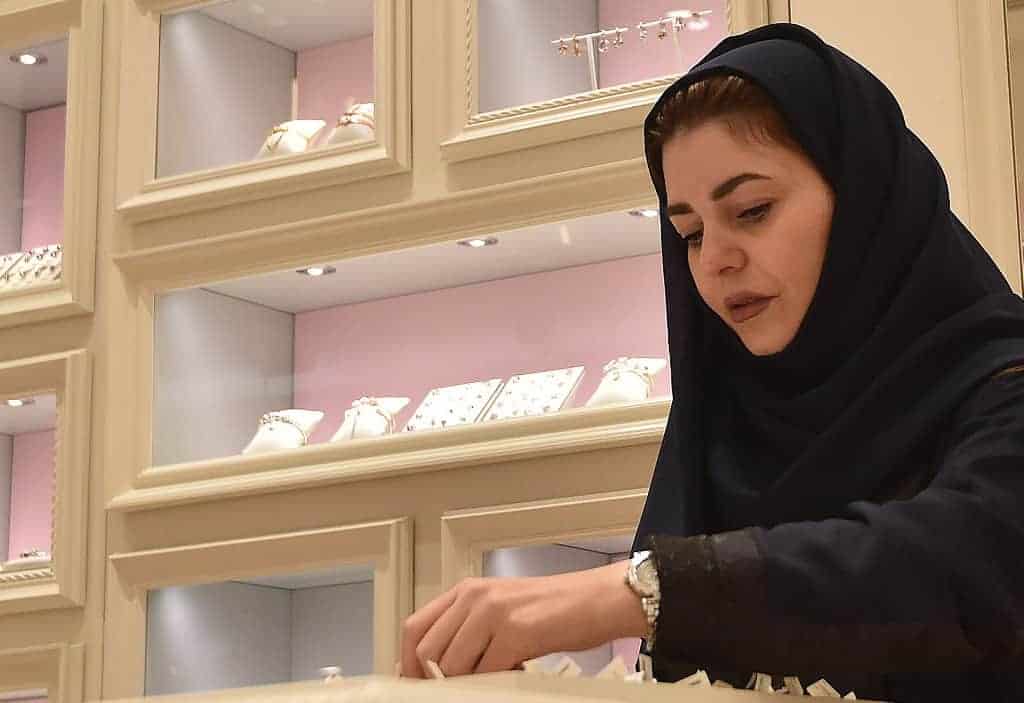Riyadh: Like thousands of Saudi women, Rouaa al-Mousa entered the workforce as reforms sweep the ultra-conservative kingdom and is certain that neither grumbling male bosses nor the coronavirus will change that.
Armed with a college degree but bound by conservative Saudi attitudes to women working, the 25-year-old was expecting to wait years before finding a suitable job.
But Mousa graduated in the midst of changes in the kingdom that have seen women flood the labour market.
She got a job working the evening shift as a receptionist at a government institution in Riyadh — part of a mixed team of 10 women and six men.
And although the coronavirus has threatened a global recession and put Mousa in lockdown for now, she is confident the long-term trend of getting women into the workforce is here to stay.
“I wanted to do my best during my studies so that I could get a job in academia afterwards, because that was the best option available for us. But big changes happened during the past four years,” she told AFP.
“Almost all of my friends are now working, and when one of them doesn’t get a job, it seems strange.”
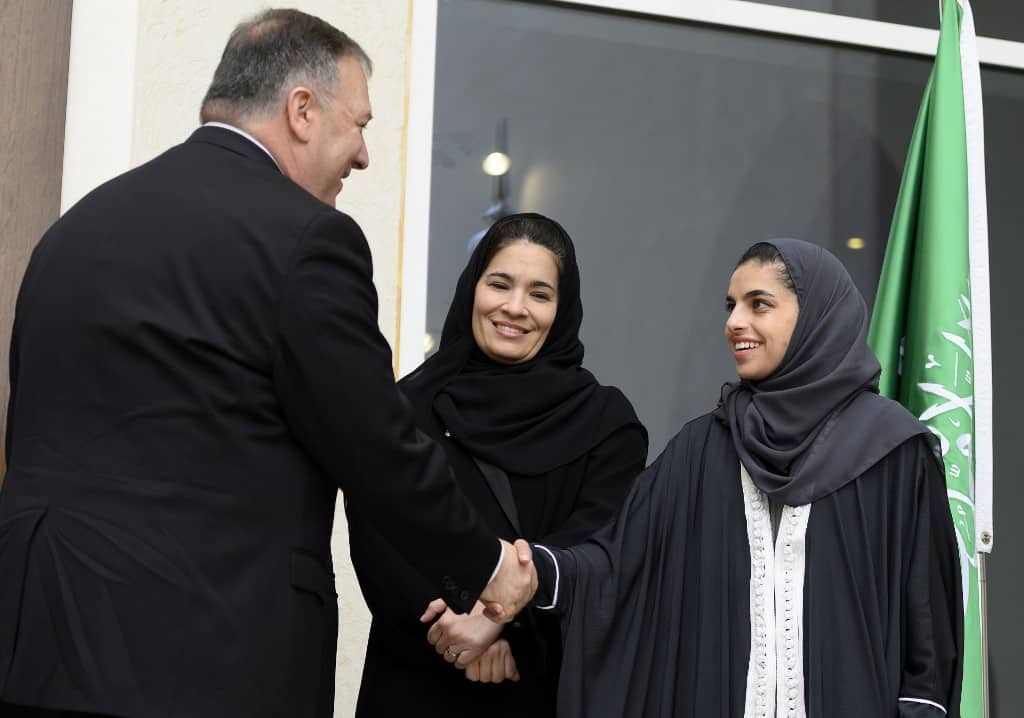
For decades, straitlaced Saudi society offered limited opportunities for women seeking a paid job and the few who did find work were mostly restricted to the health and education sectors.
An oppressive “guardianship” system also gave male relatives the right to object to the women’s professional aspirations.
But change came in mid-2016 when Crown Prince Mohammed bin Salman unveiled his “Vision 2030” plan aimed at diversifying the kingdom’s economy and ending its addiction to oil.
The national blueprint promotes the tourism and entertainment sectors, while opening wide the doors of the labour market to millions of women by paring back the restrictions that had constrained them.
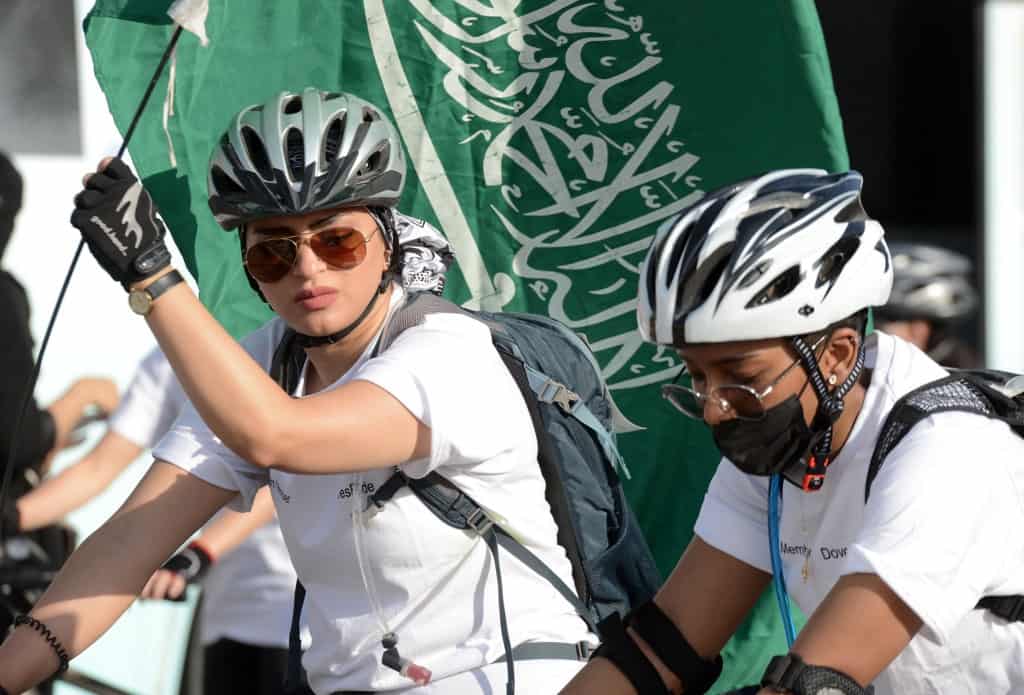
– ‘The crisis will pass’-
Fatima al-Dakhil got her big break as a sales manager at a French company in the Saudi city of Khobar after months of job hunting, but just weeks later Saudi Arabia took strict measures to combat coronavirus.
The kingdom has so far recorded the highest number of cases in the Gulf with more than 17,000 infections and 139 deaths.
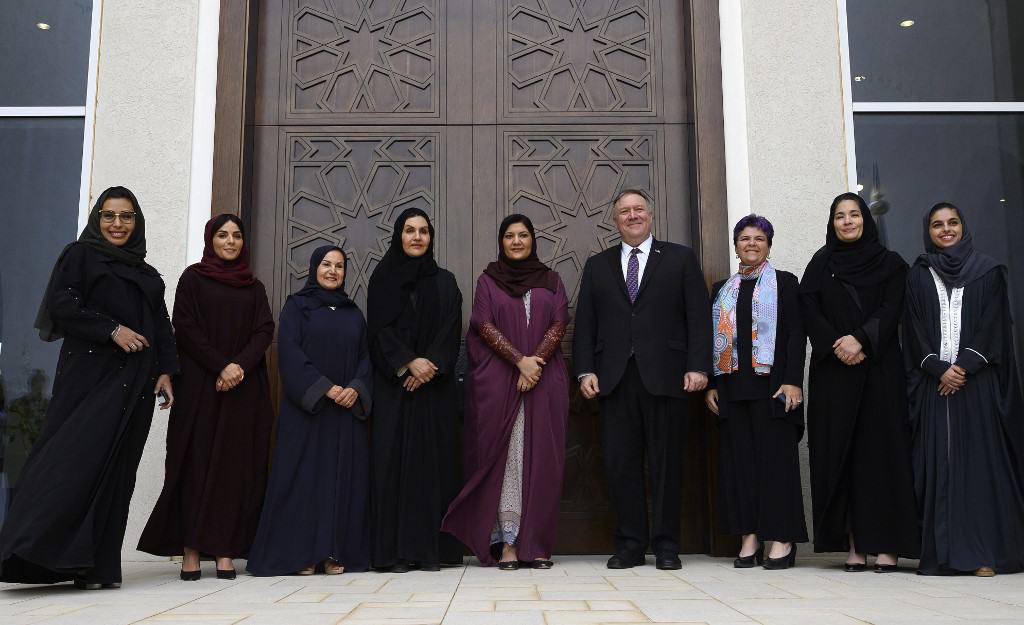
Despite being frustrated by the lockdown, which has forced her and hundreds of thousands of others to abandon their offices and work from home, Dakhil is confident that women across the country will continue to pursue careers.
“All my girlfriends have joined the labour market,” the 25-year-old told AFP, solemnly expressing hope the virus “crisis will pass”.
Saudi women have now penetrated professional spheres at all levels — they are bankers, business owners, heads of financial institutions, border crossing officers, civil defence members, food cart vendors and shoe sellers.
Male employees report that their workplaces have changed dramatically — among the many small revolutions are women’s toilets which have been introduced for the first time in some places.
Saudi saleswoman Sarah Al-Dosari, 23, works at a clothing store run by three women at the Panorama Mall in the centre of Riyadh.
“People’s perspective towards working women was bad,” said Al-Dosari.
But this attitude has been consigned to history, she said. “Now customers say they are proud of us.”
The number of working women in Saudi Arabia reached 1.03 million in the third quarter of 2019, 35 percent of the total workforce, compared to 816,000 in 2015, according to official figures.
Rodina Maamoun has been tasked by the owner of five stores selling women’s accessories with introducing women onto a formerly all-male staff.
“Customers, especially women, feel more comfortable with female assistants — sales and profits have risen,” said the Saudi who employed 19 young women, almost entirely replacing the men.
– A woman’s world? –
Since the rise of Prince Mohammed, Saudi Arabia has witnessed major social and economic changes.
Women are now allowed to drive cars, cinemas have reopened and genders are permitted to mix at events, including concerts, and in public places.
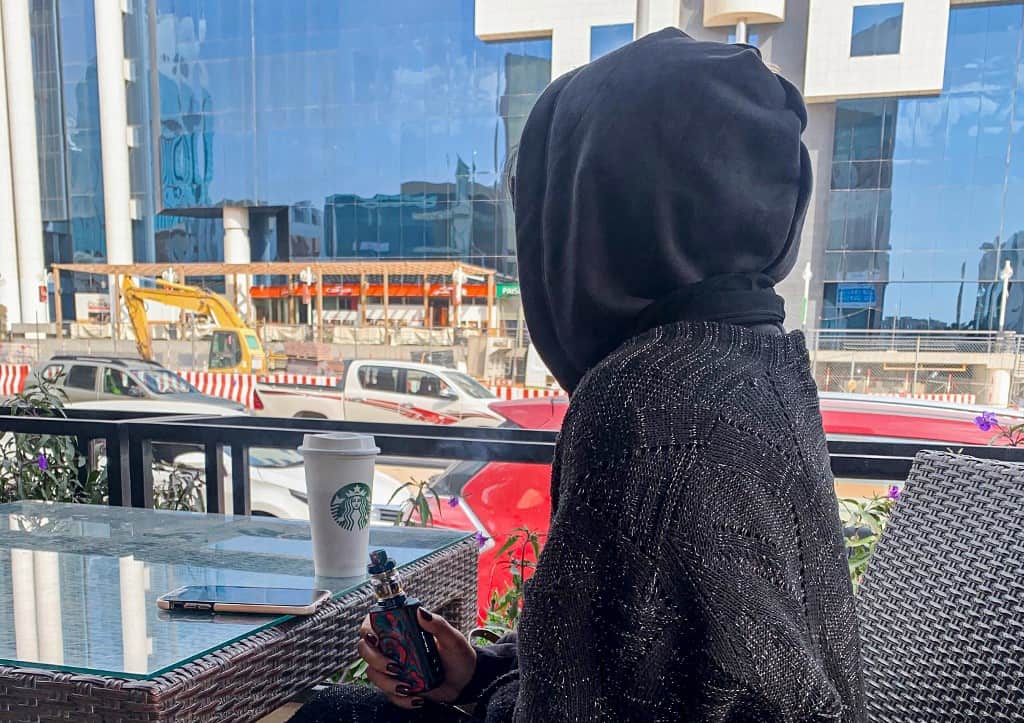
The reforms have also been accompanied by a crackdown on dissent that has drawn widespread criticism.
Some of those detained and allegedly tortured in custody are women’s rights activists who were prominent in the campaign to end the driving ban.
Although the changes have been uneven, they have emboldened Saudi women to address decades of discrimination and marginalisation, including graduates who are returning from Europe and the United States to seek jobs at home.
“Empowering Saudi women means empowering the Saudi family,” said Rania Nashar, CEO of Samba Financial Group, the first Saudi woman to hold such a senior position.
Saudi women “are ambitious and passionate about playing a role in shaping the future of their country”, she said

